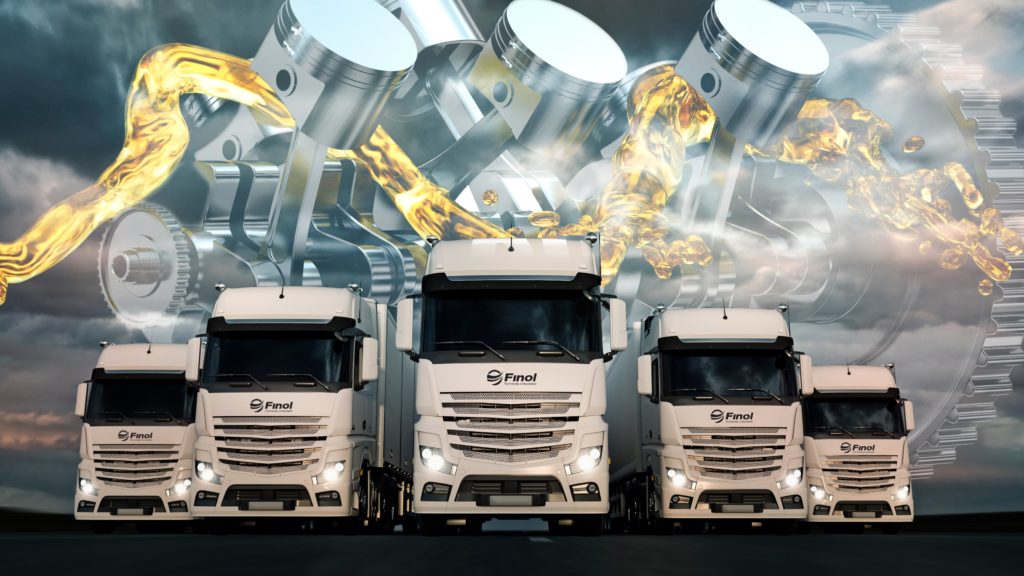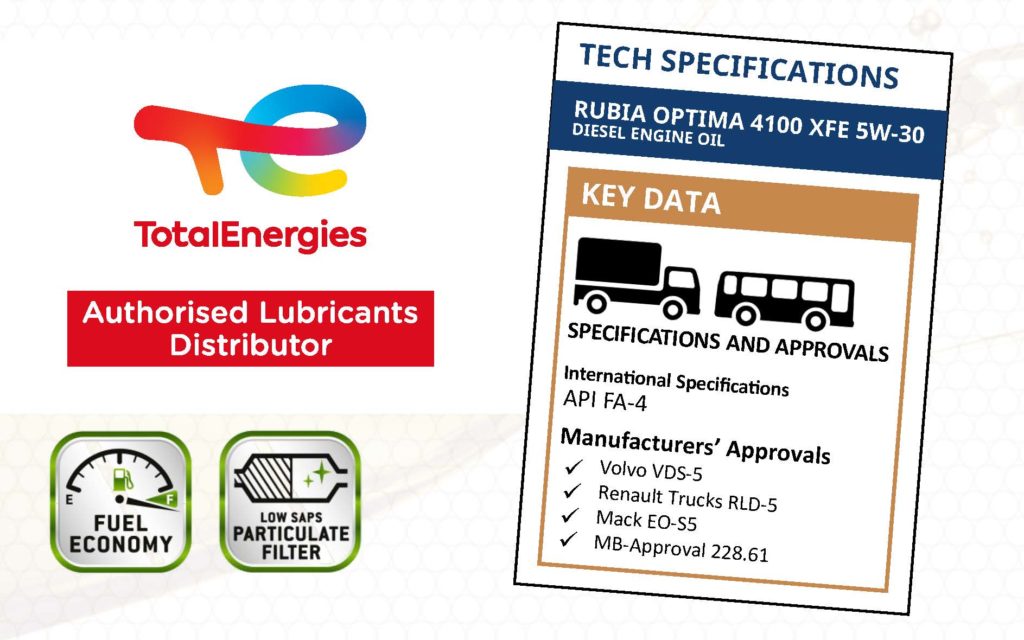We value your privacy
Our website uses cookies to enhance your experience. By continuing to use our website, you are agreeing to our use of cookies. Necessary cookies are always enabled. You can read more about our Cookie Policy in our Privacy policy
We value your privacy
Strictly Neccessary
Essential cookies enable core website functionality, such as secure logins and preference settings, without tracking personal activities or collecting data for ads. They ensure the site's proper operation and legal compliance, remaining always active
Preferences
Preference cookies enhance your browsing by remembering settings like language and regional preferences, tailoring the site to your needs without tracking activity across other websites
Statistical
Statistics cookies gather anonymous data on site interactions and page visits to help improve functionality, ensuring a smoother user experience without personally identifying users
Marketing
Marketing cookies are used to identify visitors across different websites, such as those operated by content partners or ad networks. These cookies allow companies to build a profile of a visitor’s interests and preferences, enabling the delivery of personalized ads that are relevant and engaging on other websites.
Cookies are small text files stored on your computer by websites you visit. They help users navigate websites efficiently and enable certain essential functions.
Cookies necessary for the website to function properly can be set without your consent, while all other cookies require your approval before being used in your browser.
Additionally, we use cookies to gather data for personalizing and evaluating the effectiveness of our advertising.
For more information, please refer to the Google Privacy Policy.
You can find the list of all the cookies that we use on our website here.
Lorem ipsum dolor sit amet, consectetur adipiscing elit, sed do eiusmod tempor incididunt ut labore et dolore magna aliqua. Ut enim ad minim veniam, quis nostrud exercitation ullamco laboris nisi ut aliquip ex ea commodo consequat.
Home / Euro VI Step D Engines

Euro VI standard lays the regulations for compliance of motor vehicles weighing greater than 2610 kg (coaches, trucks, and buses), engines and spare parts for such vehicles. Similarly, it enforces the conditions for pollution control devices, on-board diagnostic systems and calculation of CO2 emissions and fuel consumption patterns. Such regulations are in force since September 2014.
Euro VI standards are dynamic and therefore requires the manufacturers to keep upgrading their engines according to the latest standards which aim to reduce vehicles emissions and fuel consumption. NOx emissions and particulate matter declined by 75% and 66% respectively since Euro VI came into effect (as compared to Euro V).
The Euro VI Step D came into effect on 1 September 2018 and is applicable from 1 September 2019 with its goal of complementing the testing requirements, adopting new needs for Portable emission measurement systems (PEMS) and continue reducing polluting emissions. Carbon monoxide, hydrocarbons, particulate matter, and nitrogen oxides are some of the many substances that must be measured and controlled under the latest norms.
Therefore, the latest Euro VI step D engines are designed to maximise fuel economy and limit exhaust emissions. Manufacturers like Renault, Mercedes -Benz and Volvo have already introduced these engines to the market.
Such engines require higher quality engine oil with low viscosity and SAPS (sulphate ash, phosphorus, and sulphur). These engine oils are different from older oils as they must have low High-temperature high shear (HTHS) viscosity. This allows the engine oil to flow quickly and freely (even at lower temperatures) throughout the engine thus improving engine longevity and fuel economy while reducing downtime, emissions and overall running costs.
As a result, this new type of oil may not be suitable for any older engines and so mixed fleet operators with these new engines will need to ensure they stock this new oil and the oil for their older fleet to upkeep their maintenance and meet warranty and operational requirements.
TotalEnergies Rubia Optima 4100 XFE 5W-30 has been developed for these latest on-road diesel engines (including Step D) according to OEM recommendations requiring low High-temperature high shear (HTHS) viscosity oil. It is specially formulated to maximize fuel economy properties without compromising on engine protection. It provides excellent shear and oxidation stability and controls aeration.
Created using high-quality base stocks combined with high-performance additives makes the Total Rubia Optima 4100 XFE 5W-30 exceptionally high-performance engine oil which keeps the engine’s most sensitive parts clean with effective control on soot, sludge, and deposits, thus further improving fuel economy and reducing emissions.
It has received API FA-4 international specifications and has been approved for Volvo VDS-5, Renault Trucks RLD-5, Mack EO-S5 and Mercedes Benz 228.61. Finol Oils is the authorised distributor of Total Energies throughout the Republic of Ireland and has been in business for over 40 years. For more information on this product or to get a free quote, contact us at 01 4555484 or click here.

Finol Oils, 3 Stannaway Drive Crumlin Dublin 12, D12 X2PN | Tel: (01) 582 7111 | Email: websales@finol.ie